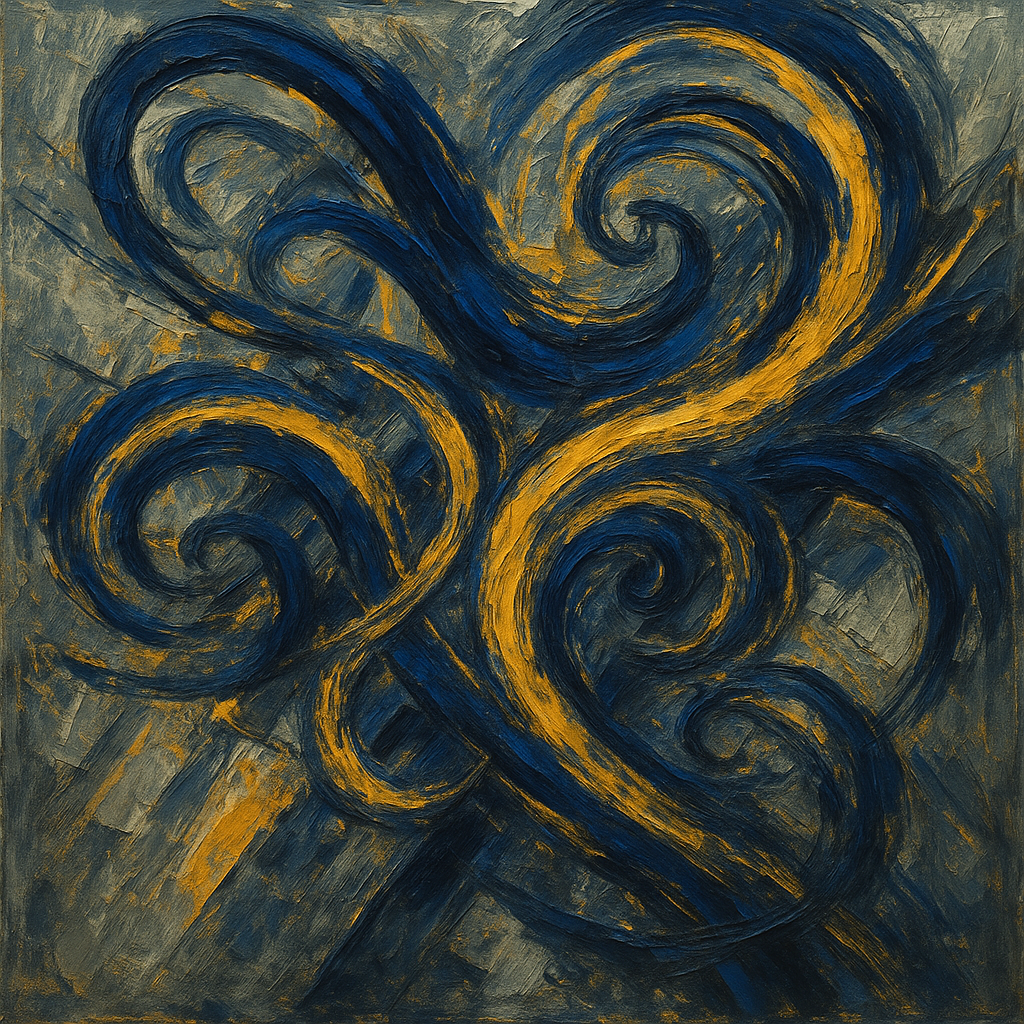asymmetric upside
Years back, a poker player friend changed the way I look at the world.
I grew up believing that gambling was destructive — financially, spiritually, habitually. Poker, blackjack, casinos — all of it was off-limits. Partly because of my upbringing, partly because of my own assumptions.
But real poker players — the serious ones — are not just gamblers. They’re strategists. Athletes of the mind. And here’s what surprised me: many of them aren’t reckless at all. They’re sharp. Disciplined. Often, they’re very good with money.
Why? Because poker is not just a game of chance. It’s a game of probabilities, played out over the long run. Winning isn’t about this hand — it’s about winning consistently, managing risk, and learning to read people.
That same friend pointed me to a book that crystalized the lesson: Antifragile by Nassim Nicholas Taleb. Taleb’s work on risk shaped my thinking in a big way.
The idea that stuck? Asymmetric risk.
Look for opportunities with uncapped upside and limited downside.
This principle shows up everywhere. The best investors think this way. The best poker players too. And now I try to apply it to life.
Say I’m invited to a party. My downside: I lose a couple hours, maybe I’m tired, maybe I don’t enjoy it. My upside: I meet someone who becomes a lifelong friend. Or a new collaborator. Or even just have a surprising, memorable night.
The downside is capped. The upside is not.
Same with bigger bets. On Monday, I’m starting a new job — full in-office, demanding, a role I’ve never done before. My downside: maybe I fail, get embarrassed, and have to find another job. That stings, but it’s survivable.
The upside? A whole new network. New skills. Entry into the AI space. A future-proofed career path.
That’s asymmetric upside.
So here’s the frame I carry now:
Always ask: what have I got to lose?
If the downside is catastrophic, maybe it’s not worth it. But if the downside is limited — a little time, a little ego, some temporary discomfort — and the upside is meaningful? Then it’s probably worth taking the bet.
Life gives us infinite options. We need a way to filter them. For me, this is the filter: cap the downside, uncap the upside.
